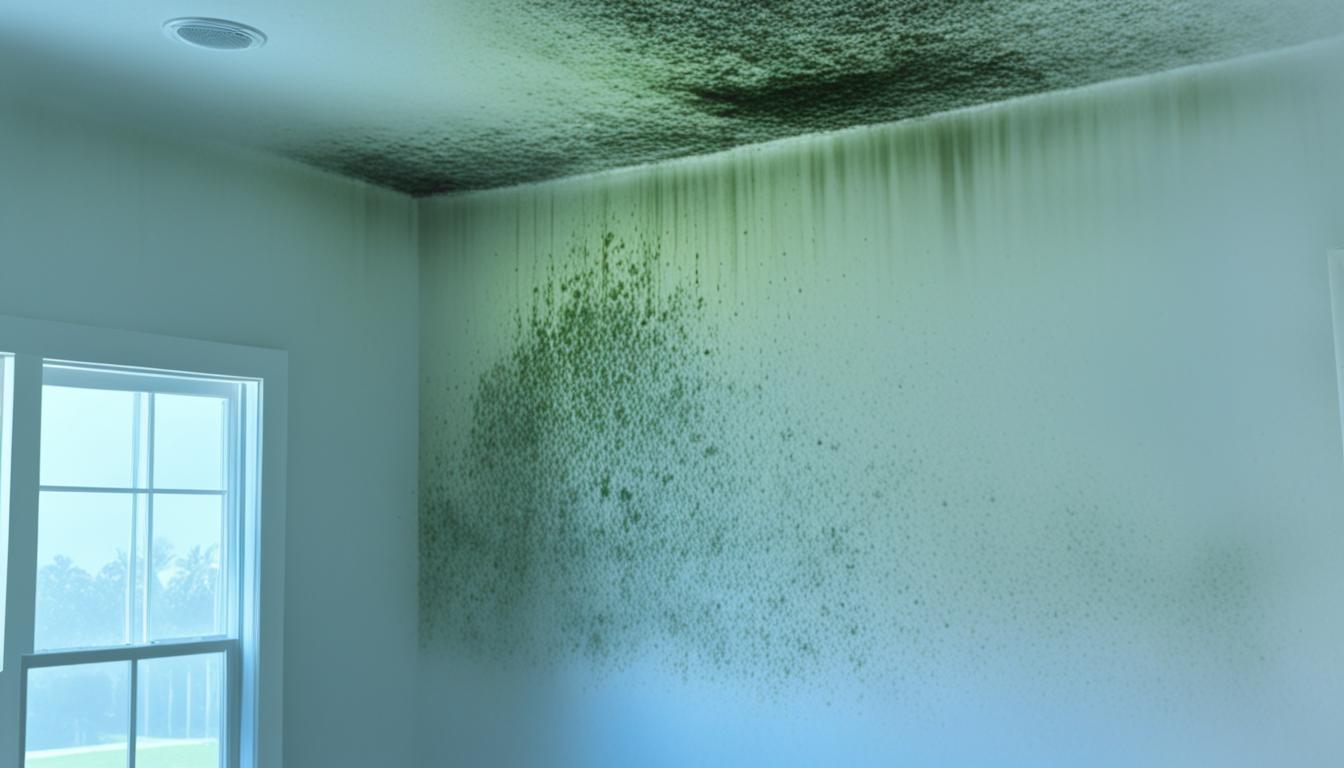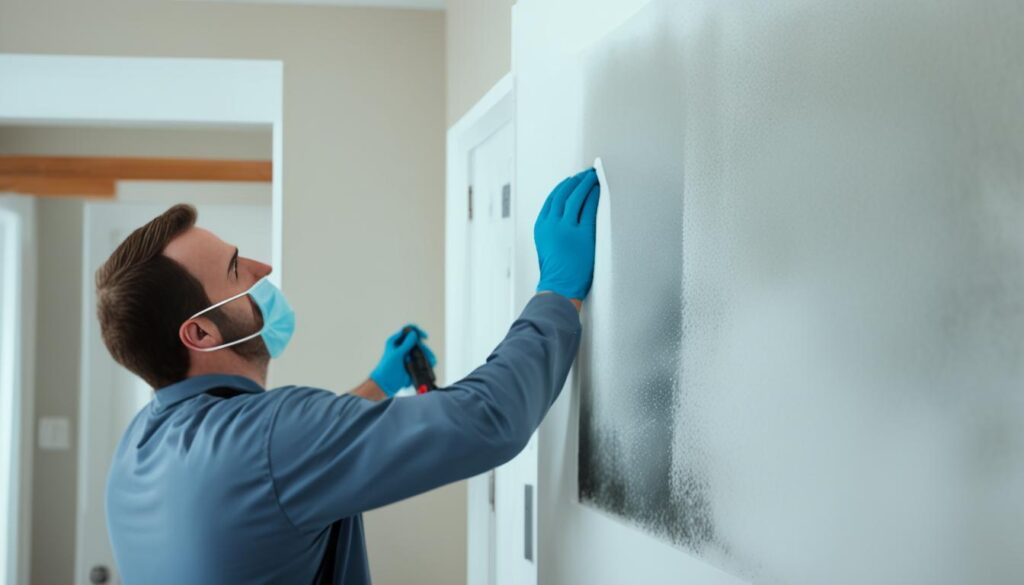
Mold Spores Impact on Florida’s Indoor Air Quality
In Florida, where warm and humid conditions prevail, mold spores can pose a significant threat to indoor air quality. Mold is a common issue in the state, thriving in damp environments and spreading through the air via microscopic spores. These spores can easily infiltrate homes, offices, and other buildings, leading to various health problems and a decline in overall indoor air quality.
Exposure to mold spores can have detrimental effects on respiratory health, causing symptoms such as coughing, wheezing, and nasal congestion. Individuals with pre-existing respiratory conditions, allergies, or weakened immune systems are particularly susceptible to the harmful effects of mold. Moreover, prolonged exposure to mold spores can result in more severe health issues, including asthma exacerbation and respiratory infections.
To maintain clean and healthy indoor environments, it is crucial to address mold issues promptly and implement preventive measures. Regular inspections for mold growth, proper ventilation to control moisture levels, and prompt remediation when necessary are key strategies to prevent further mold spread and improve indoor air quality.
Key Takeaways:
- Mold spores thrive in Florida’s warm and humid climate, posing a significant threat to indoor air quality.
- Exposure to mold spores can lead to respiratory problems and worsen existing conditions.
- Prompt mold remediation and preventive measures such as regular inspections and proper ventilation are essential for maintaining clean indoor air.
- Mold-related health issues can be particularly troublesome for individuals with respiratory conditions or weakened immune systems.
- Protecting indoor environments from mold growth is vital to safeguard the overall well-being of occupants.
Strategies for Mold Prevention and Remediation
In Florida, where the warm and humid climate creates an ideal environment for mold growth, it is crucial to implement effective strategies for mold prevention and remediation in homes and buildings. By taking proactive measures, such as proper ventilation, moisture control, and regular inspections, individuals can minimize the risk of mold infestations. Here are some key strategies to consider:
1. Proper Ventilation
Adequate ventilation is essential in preventing mold growth. By promoting airflow and reducing moisture buildup, proper ventilation helps create an inhospitable environment for mold. Here are a few ways to improve ventilation:
- Install and use exhaust fans in bathrooms, kitchens, and laundry rooms to remove excess moisture.
- Ensure that air conditioning and heating systems are well-maintained, including regular filter changes.
- Keep windows and doors properly sealed to prevent water intrusion.
2. Moisture Control
Controlling moisture levels is crucial in preventing mold. Mold thrives in damp environments, so it’s important to address any sources of moisture promptly. Consider the following moisture control practices:
- Fix leaks in plumbing, roofs, or windows immediately to prevent water damage.
- Use dehumidifiers in areas prone to high humidity to maintain optimal moisture levels.
- Ensure proper drainage around the foundation of the building to redirect water away from the property.
3. Regular Inspections
Regularly inspecting your property for signs of mold growth is crucial for early detection and prevention. Here’s what to look for during inspections:
- Check for visible signs of mold, such as discoloration, musty odors, or water stains.
- Pay attention to areas prone to moisture accumulation, such as basements, bathrooms, and kitchens.
- Hire a professional mold inspection service to conduct a comprehensive evaluation of your property.
4. Professional Mold Remediation
If you discover mold growth in your property, it’s essential to address the issue promptly and effectively. Professional mold remediation services can provide the expertise and equipment needed to safely remove mold and improve indoor air quality. They follow industry best practices and safety guidelines to ensure thorough mold removal.
“When it comes to mold remediation, it’s important to rely on professional services to ensure the mold problem is properly addressed. They have the necessary knowledge, tools, and experience to safely eliminate mold and prevent its recurrence.” – Casey Thompson, Mold Remediation Specialist

Conclusion
In conclusion, mold spores can have a significant impact on indoor air quality in Florida. With its warm and humid climate, the state is particularly prone to mold growth, which can lead to various health issues for residents. In order to maintain clean and healthy living spaces, it is crucial for individuals to actively prevent mold growth and promptly address any existing mold problems.
Implementing proper mold prevention strategies is key. This includes ensuring good ventilation throughout the property, controlling moisture and humidity levels, and regularly inspecting areas prone to mold growth, such as bathrooms and basements. By taking these proactive measures, individuals can minimize the risk of mold spores spreading throughout their indoor environments.
However, despite the best prevention efforts, mold infestations can still occur. In such cases, seeking professional mold remediation services is essential. Expert remediation specialists have the knowledge and equipment necessary to effectively remove mold and restore indoor air quality. They can identify the source of the mold growth, safely remove contaminated materials, and apply appropriate treatments to prevent future outbreaks.
By prioritizing mold prevention and remediation, Florida residents can ensure the health and well-being of themselves and their families. Maintaining clean and healthy indoor air quality is crucial for overall comfort and long-term health. By staying vigilant and taking proactive action, individuals can enjoy mold-free environments and breathe easier.




